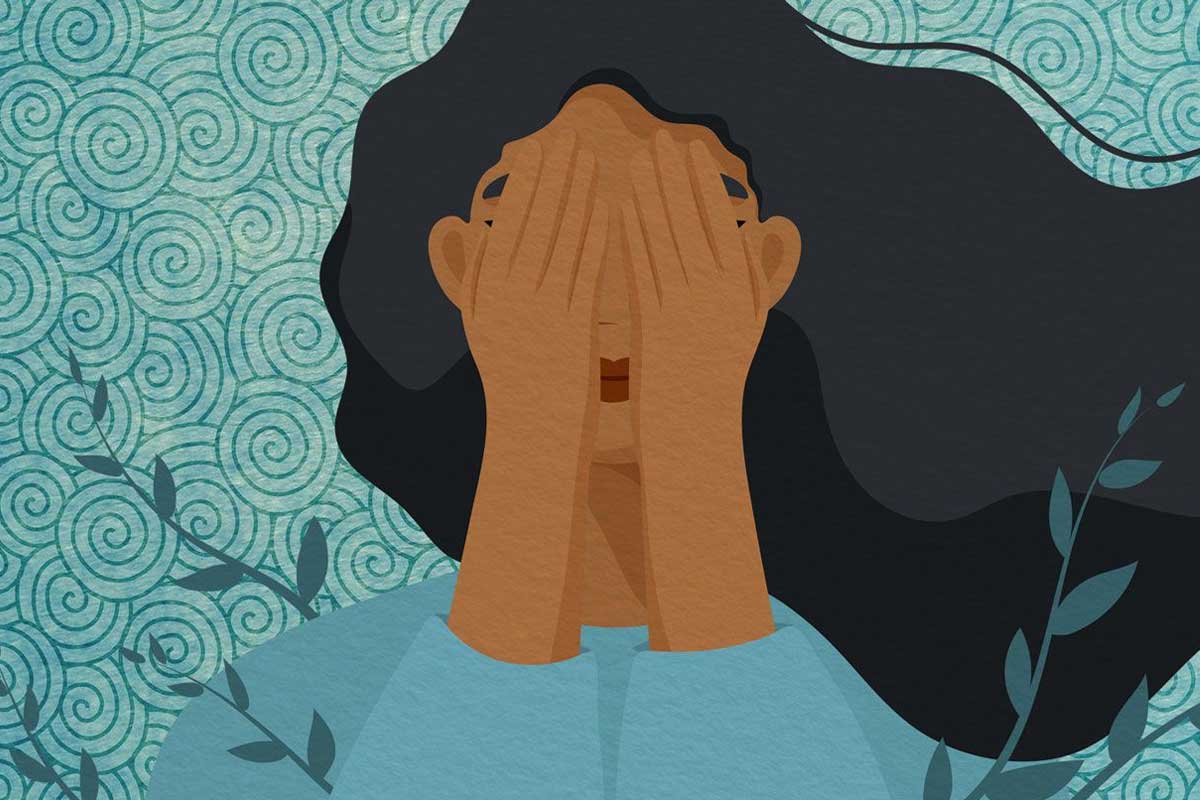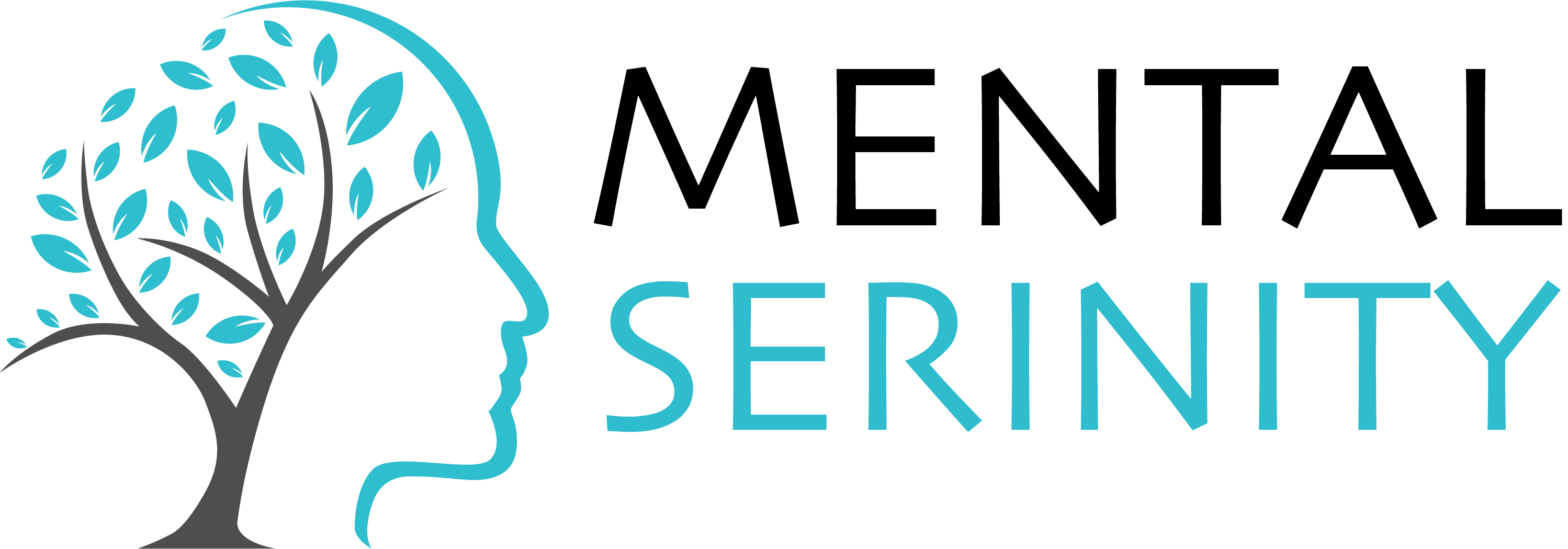

Depression is a common and serious mental health condition characterized by persistent feelings of sadness, hopelessness, and loss of interest or pleasure in activities. It can affect anyone, regardless of age, gender, or background, and can have a profound impact on all aspects of life. In this comprehensive guide, we’ll explore the signs, symptoms, and treatment options for depression, as well as strategies for managing and overcoming this challenging condition.
Understanding Depression: Depression is more than just feeling sad or down occasionally; it’s a persistent and debilitating mood disorder that can interfere with daily functioning and quality of life. While everyone experiences periods of sadness or low mood from time to time, depression involves symptoms that last for at least two weeks or longer and significantly impair one’s ability to function at work, school, or in relationships.
Signs and Symptoms of Depression:
1.Persistent Sadness: Feeling sad, empty, or hopeless most of the time, with little to no relief.
2.Loss of Interest or Pleasure: Losing interest in activities or hobbies that were once enjoyable, including socializing, hobbies, or work.
3.Changes in Appetite or Weight: Significant changes in appetite or weight, either a decrease or increase, unrelated to dieting or intentional weight changes.
4.Sleep Disturbances: Changes in sleep patterns, such as insomnia (difficulty falling or staying asleep) or hypersomnia (excessive sleeping).
5.Fatigue or Low Energy: Feeling tired, sluggish, or lacking energy, even after restful sleep or minimal exertion.
6.Difficulty Concentrating: Trouble focusing, making decisions, or remembering things, often described as “brain fog” or cognitive impairment.
7.Feelings of Worthlessness or Guilt: Persistent feelings of worthlessness, guilt, or self-blame, even when there is no rational reason for these feelings.
8.Physical Symptoms: Physical symptoms such as headaches, digestive problems, or unexplained aches and pains that don’t respond to treatment.
Types of Depression:
Treatment Options for Depression:
1.Psychotherapy: Cognitive-behavioral therapy (CBT), interpersonal therapy (IPT), and other forms of talk therapy can be highly effective in treating depression by helping individuals identify and challenge negative thought patterns and develop coping skills to manage symptoms.
2.Medication: Antidepressant medications such as selective serotonin reuptake inhibitors (SSRIs), serotonin-norepinephrine reuptake inhibitors (SNRIs), and tricyclic antidepressants (TCAs) may be prescribed to help alleviate symptoms of depression by restoring chemical imbalances in the brain.
3.Lifestyle Changes: Adopting healthy lifestyle habits such as regular exercise, balanced nutrition, adequate sleep, stress management, and avoiding alcohol and substance abuse can help improve mood and overall well-being.
4.Support Groups: Participating in support groups or group therapy can provide a sense of connection, validation, and understanding from others who are experiencing similar challenges.
5.Alternative Therapies: Complementary and alternative therapies such as acupuncture, yoga, mindfulness meditation, and massage therapy may offer additional benefits in managing depression symptoms and promoting overall wellness.
Conclusion: Depression is a complex and multifaceted condition that can have a profound impact on individuals’ lives, relationships, and overall well-being. By understanding the signs, symptoms, and treatment options for depression, individuals can seek help and support to manage their symptoms effectively and regain a sense of hope and vitality. If you or someone you know is struggling with depression, it’s important to reach out to a qualified mental health professional for assessment, diagnosis, and appropriate treatment. With the right support and interventions, it’s possible to overcome depression and live a fulfilling and meaningful life, we can help you
